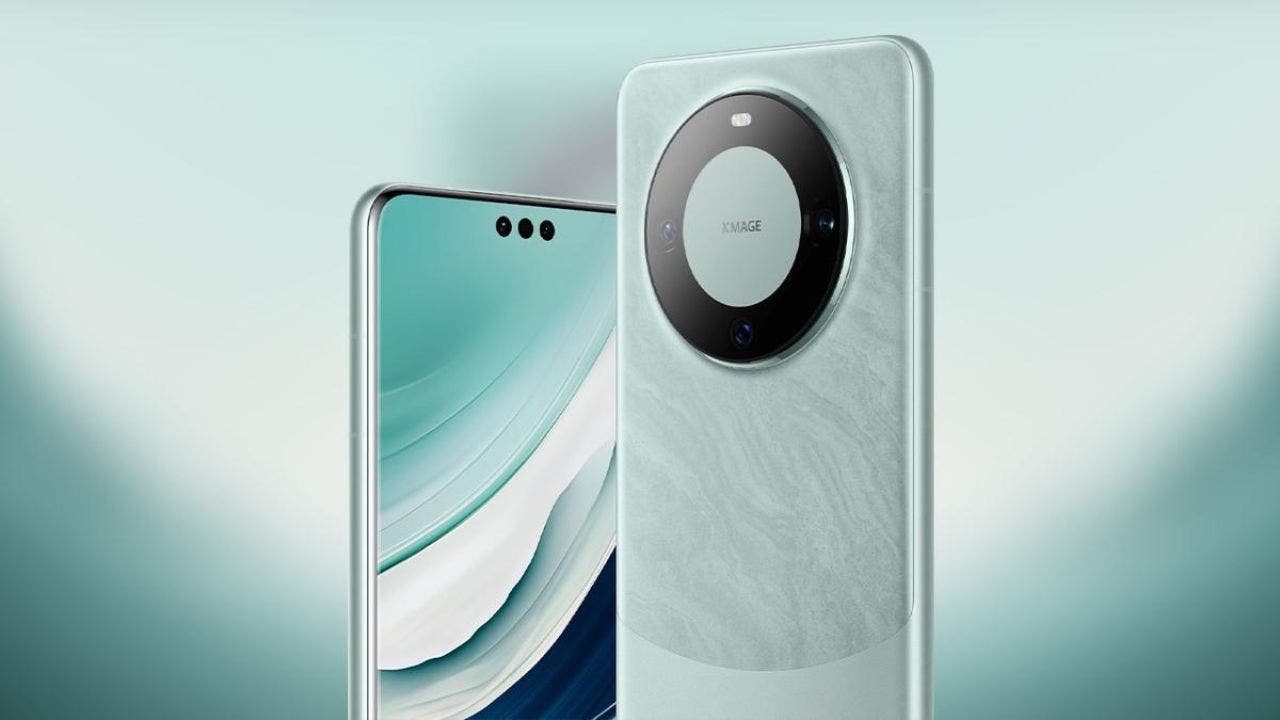Imagine being a titan in the smartphone industry, with an army of faithful customers and groundbreaking technology. Your path to becoming the world leader seems assured, leaving behind competitors in terms of innovation and quality. But then, everything takes a sharp turn.
This is precisely what happened to Huawei in 2019 when the U.S. government implemented a ban, citing national security concerns, preventing Huawei from conducting business with American companies. The ban didn’t stop at American firms but extended to foreign chipmakers utilizing U.S.-based technology. Consequently, Huawei lost access to vital components and software, leading to a catastrophic decline in Western market sales. The company’s global market share plummeted, revenue dropped, and uncertainty overshadowed its future. A company once poised to dominate the global smartphone market found its ambitions crushed.
The U.S. intensified scrutiny on Huawei and SMIC (Semiconductor Manufacturing International Corporation) for various reasons. For more than a decade, international corridors have been abuzz with potential threats posed by Chinese tech giants. Espionage remains the primary concern, with the U.S., the U.K., Canada, and Japan expressing worries about Huawei and other companies becoming conduits for Chinese government surveillance. SMIC, China’s largest contract chipmaker and a crucial Huawei supplier, faced U.S. sanctions in 2020 due to alleged ties with the Chinese military and violations of export restrictions placed on Huawei.
Fast forward to the present, where Huawei defies stifling sanctions and skeptical voices by revealing the Mate 60 Pro, a smartphone technology that poses a significant threat to Apple iPhone sales in China. At its core, the 5G Kirin 9000s processor is not only a technological marvel but also a symbol of resilience and adaptability. While speculations suggest that this impressive chip may have roots in SMIC, it adds an intriguing layer given SMIC’s prior encounters with U.S. restrictions.
Beyond Huawei’s tale of revival, a larger narrative unfolds. China recognizes the strategic importance of semiconductor technology and invests billions in nurturing domestic chipmaking talent. The aim is clear: transitioning from dependency on foreign tech to fostering homegrown innovation.
The Mate 60 Pro’s chip, powered by a 7-nanometer technology, challenges the tech dominance of the West. Nanometers serve as units measuring the size of transistors on a chip, with smaller numbers representing more advanced and densely packed chips. While Western devices may possess 3-nanometer chips, technically more advanced in terms of packing power and efficiency into smaller spaces, the existence of the Mate 60 Pro’s chip is significant. It showcases Huawei’s ability to innovate and compete while aligning with China’s mission to establish itself as a formidable player in the global tech industry.
As these developments unfold and capture global attention, the U.S. remains steadfast in its approach with bipartisan support. National Security Adviser Jake Sullivan describes it as a “small yard, high fence” approach, focusing on critical tech areas and implementing strong barriers in the name of national security. Regardless of the outcome regarding Huawei and SMIC, Sullivan emphasizes the importance of maintaining this approach.
These emerging tech advancements raise a personal question for all of us. Would you consider using a phone like the Mate 60 Pro, manufactured in China? Does this impact your choice or usage of such a device? We want to hear your thoughts at Cyberguy.com/Contact.
To stay updated with tech tips and security alerts, subscribe to my free newsletter, the CyberGuy Report, at Cyberguy.com/Newsletter.
Denial of responsibility! Vigour Times is an automatic aggregator of Global media. In each content, the hyperlink to the primary source is specified. All trademarks belong to their rightful owners, and all materials to their authors. For any complaint, please reach us at – [email protected]. We will take necessary action within 24 hours.


